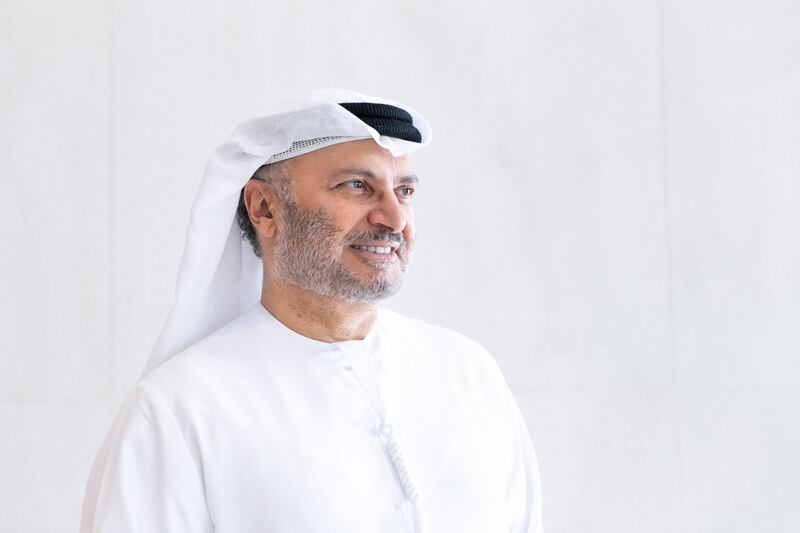It has been a year since Saudi Arabia, United Arab Emirates, Egypt and Bahrain initiated a comprehensive boycott of Qatar. Doha might have hoped that the crisis would simply blow over, but as Dr Anwar Gargash, the UAE's Minister of State for Foreign Affairs, said in a wide-ranging interview with The National, there will be no backing down until Qatar changes its policies. Any solution to the crisis, Dr Gargash stressed, must come from within the GCC, and reminded Doha that the 13 demands presented to it by the quartet must form the starting point of a potential negotiation.
Dr Gargash advanced a lucid picture of where the region stands today. In Syria, he distinguished between the aims of Russia and Iran and, admitting candidly that there are no good choices, called for a political solution that rejects the false choice between a militant-infested opposition and Bashar Al Assad. In Yemen, despite the progress made by the Arab Coalition that intervened to restore the nation's legitimate government, he underlined the indispensability of a UN-led diplomatic process to secure the long term future. Dr Gargash criticised the US decision to move its embassy to Jerusalem and condemned Israel's "massacre" of Palestinian civilians, while reiterating the importance of Washington to negotiating a final deal and urging the Arabs to "take the moral high ground" in the diplomatic push for a just solution.
In recent years, Iran has stepped up its attempts at regional destabilisation. There are differences with the US, Dr Gargash conceded, but Washington's decision to pull out of the nuclear deal sends the right message. Iraq represents a ray of hope: the cross-sectional political alliances there strengthen the Arab world. Confusion reigns in this region, but the interview with Dr Gargash shows that there are also clear moral choices before the world. A number of today's intractable problems can be traced to decisions made between 2008 and 2016 by the then US president Barack Obama's administration, which ignored the counsel of Arab nations. Which way the world leans now will determine the future of the region – and the world.





